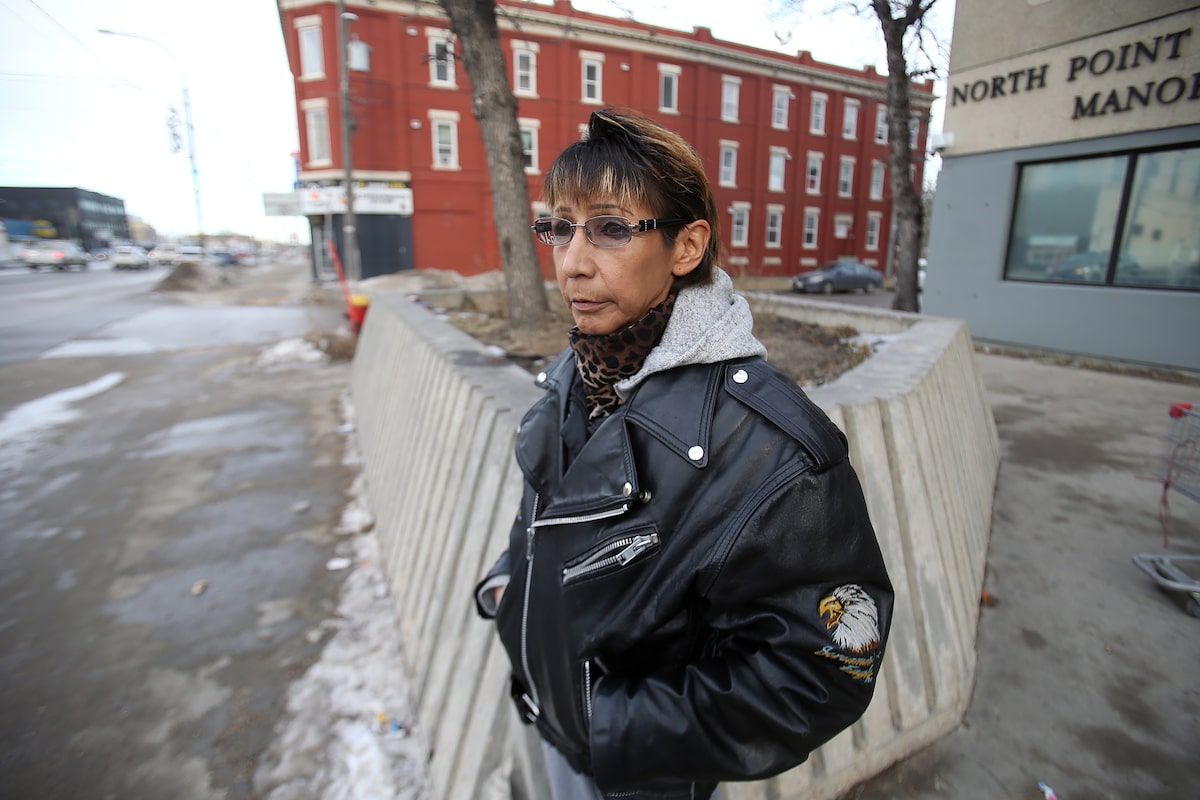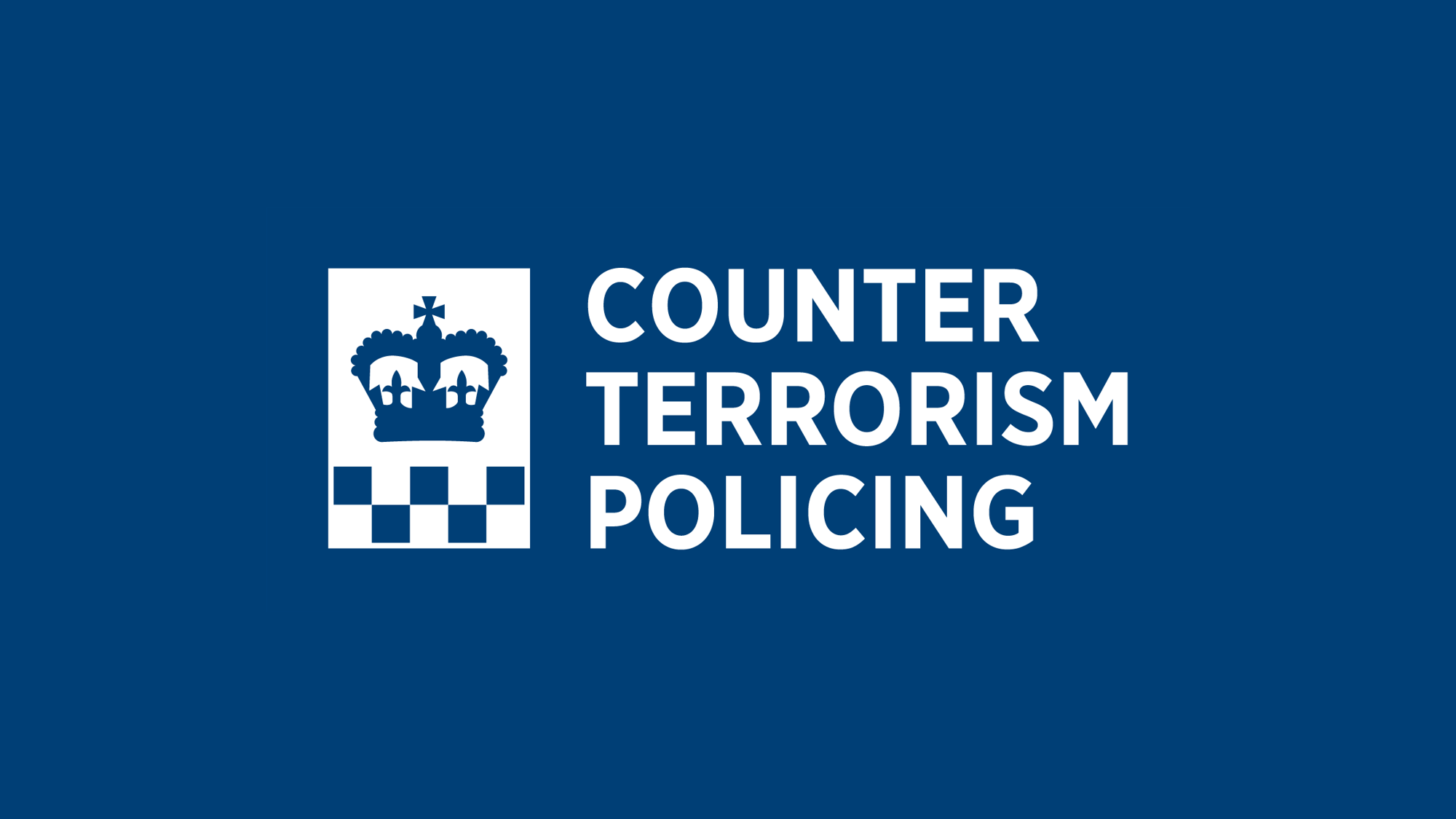Distrust In Law Enforcement: The Barriers For Intimate Partner Violence Survivors

Discover more detailed and exciting information on our website. Click the link below to start your adventure: Visit Best Website. Don't miss out!
Table of Contents
Distrust in Law Enforcement: The Barriers for Intimate Partner Violence Survivors
Domestic violence and intimate partner violence (IPV) are pervasive issues, leaving countless survivors grappling with physical and emotional trauma. While support systems exist, a significant obstacle for many seeking help is a profound distrust in law enforcement. This lack of faith creates a critical barrier to reporting abuse and accessing vital resources, perpetuating a cycle of violence and suffering. This article explores the multifaceted reasons behind this distrust and its devastating consequences.
The Deep Roots of Distrust:
Several factors contribute to the reluctance of IPV survivors to engage with law enforcement:
-
Past Negative Experiences: Many survivors have had previous negative interactions with police, ranging from feeling dismissed or unheard to experiencing outright harassment or even revictimization. These experiences create a deep-seated fear and unwillingness to seek help from the very individuals intended to protect them.
-
Systemic Bias and Discrimination: Studies consistently reveal biases within law enforcement, particularly concerning race, ethnicity, sexual orientation, and socioeconomic status. Survivors from marginalized communities often report feeling less safe and less likely to be believed by authorities. This systemic discrimination further erodes trust and discourages reporting.
-
Lack of Specialized Training: Not all law enforcement officers receive adequate training on handling domestic violence cases sensitively and effectively. A lack of understanding of the dynamics of IPV, including the complexities of power and control, can lead to inadequate responses and further victimization.
-
Fear of Retaliation: Survivors often live in fear of retaliation from their abusers, particularly if the abuser has access to weapons or has a history of violence. The fear of escalating the situation, or even jeopardizing their own safety and the safety of their children, can outweigh the desire to seek help.
-
Immigration Status Concerns: Undocumented immigrants may be especially hesitant to report IPV due to concerns about deportation. This fear further isolates them and prevents them from accessing crucial support services.
Consequences of Untreated Distrust:
The consequences of this distrust are severe and far-reaching:
-
Underreporting of IPV: A significant number of IPV cases remain unreported, allowing abuse to continue unchecked and potentially escalate.
-
Limited Access to Resources: Survivors who don't report abuse miss out on essential services such as emergency shelters, counseling, legal aid, and support groups.
-
Increased Risk of Recidivism: Without intervention, the cycle of violence is likely to continue, putting survivors at greater risk of further abuse and trauma.
-
Long-term Physical and Mental Health Impacts: Untreated IPV can lead to long-term physical and mental health problems, including PTSD, depression, and anxiety.
Building Trust and Bridging the Gap:
Rebuilding trust between IPV survivors and law enforcement requires a multi-pronged approach:
-
Improved Training for Law Enforcement: Implementing comprehensive and ongoing training programs focusing on trauma-informed care, cultural sensitivity, and the dynamics of power and control in IPV cases.
-
Specialized Units for Domestic Violence: Establishing dedicated units within police departments to handle domestic violence cases, ensuring specialized expertise and consistent response protocols.
-
Community-Based Support: Strengthening community-based support services and programs that offer alternatives to law enforcement intervention.
-
Increased Public Awareness Campaigns: Educating the public about IPV and available resources, promoting open dialogue, and challenging harmful stereotypes.
Conclusion:
Distrust in law enforcement poses a major barrier for intimate partner violence survivors seeking help and justice. Addressing this issue requires a concerted effort from law enforcement agencies, policymakers, community organizations, and individuals. By fostering trust, promoting understanding, and providing access to effective resources, we can help break the cycle of violence and empower survivors to seek the safety and support they deserve. Learn more about resources available in your area by contacting your local domestic violence hotline. Your safety and well-being are paramount.

Thank you for visiting our website wich cover about Distrust In Law Enforcement: The Barriers For Intimate Partner Violence Survivors. We hope the information provided has been useful to you. Feel free to contact us if you have any questions or need further assistance. See you next time and dont miss to bookmark.
Featured Posts
-
 El Concierto De J Hope Un Lleno Total En El Palacio De Los Deportes
Jan 24, 2025
El Concierto De J Hope Un Lleno Total En El Palacio De Los Deportes
Jan 24, 2025 -
 Noroeste X Botafogo Sp Onde Assistir Ao Vivo O Campeonato Paulista
Jan 24, 2025
Noroeste X Botafogo Sp Onde Assistir Ao Vivo O Campeonato Paulista
Jan 24, 2025 -
 Beca Rita Cetina 2025 Pagos Bimestrales Para Dos Beneficiarios
Jan 24, 2025
Beca Rita Cetina 2025 Pagos Bimestrales Para Dos Beneficiarios
Jan 24, 2025 -
 Trumps Decision Unsealing The Last Jfk Files
Jan 24, 2025
Trumps Decision Unsealing The Last Jfk Files
Jan 24, 2025 -
 L Ia Americaine Et Le Projet Stargate Des Revelations Etonnantes
Jan 24, 2025
L Ia Americaine Et Le Projet Stargate Des Revelations Etonnantes
Jan 24, 2025
Latest Posts
-
 Trumps Anti Ev Agenda Whats Next For The Auto Industry
Jan 24, 2025
Trumps Anti Ev Agenda Whats Next For The Auto Industry
Jan 24, 2025 -
 Statement From Senior National Coordinator Urgent Update On
Jan 24, 2025
Statement From Senior National Coordinator Urgent Update On
Jan 24, 2025 -
 Elon Musk And Doge A Hilarious Hit Or Miss For American Tech
Jan 24, 2025
Elon Musk And Doge A Hilarious Hit Or Miss For American Tech
Jan 24, 2025 -
 Trumps Tariff Threat New Shock To The Oilpatch
Jan 24, 2025
Trumps Tariff Threat New Shock To The Oilpatch
Jan 24, 2025 -
 The Ethics Of Wildfire Wagers Examining The Los Angeles Betting Market
Jan 24, 2025
The Ethics Of Wildfire Wagers Examining The Los Angeles Betting Market
Jan 24, 2025